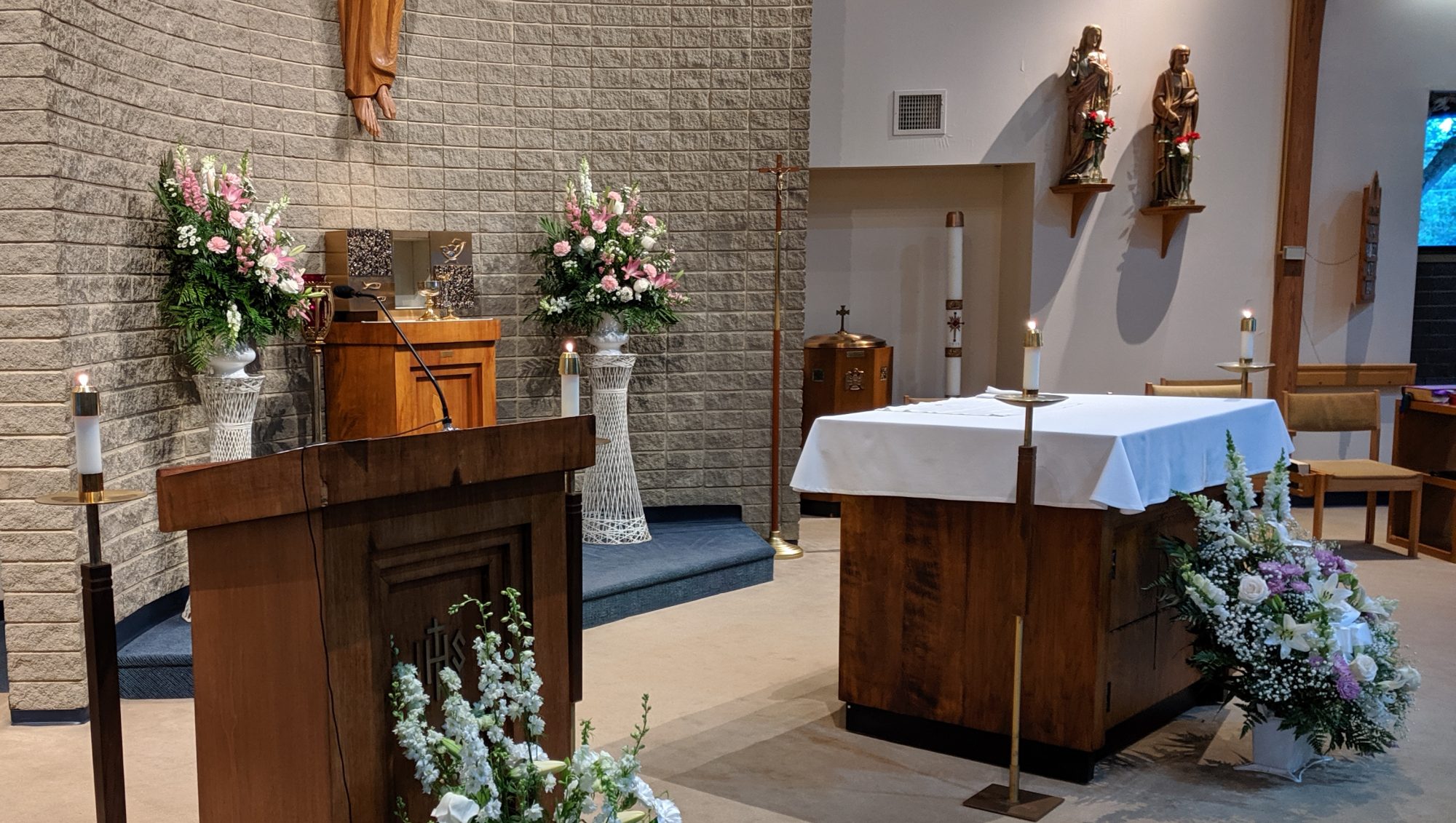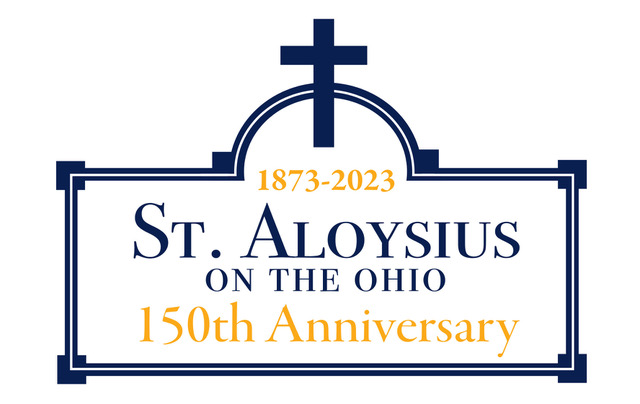A few years ago, my brother David went with a friend to South Africa for a short visit. In fact, it was his friend’s birthday and on the spur of the moment they took off for an adventure. They were staying in a very nice and safe tourist resort. Because they were adventurous, both are very gregarious (and idiots), they wanted to get out of the resort and experience the “real” South Africa. They “broke out” of the resort and went to a local bar. While there, after, a few drinks, they took up a pool game with a couple of black South African chaps. After a while, my brother went to the bar to buy a round of drinks. While he was there a white guy sidled up to him and said: “You know, you should be careful who you hang out with here.” To which my brother replied: “We are careful who we hang out with; that’s why we are over there with those guys.”
John the Baptist was a man who could not, and would not, be silenced. No matter who the audience was he was going to speak for God. That’s what prophets do; they speak for God, in the midst of the community. John is both a defiant and a heroic figure. In fact, there is something scary about John. Like Herod, we are drawn to him and at the same time afraid that he might catch us in his eye and speak to us. As a priest, right now, I wonder, if John was standing before me, looking into my eyes, and knowing my heart, what would he say? What would his message to me say? How would he challenge me?
As an exercise for Advent, reflecting on John the Baptist, I would suggest that we do three things or ask three questions:
1. We are all called by God to be like John the Baptist, a prophet. In fact, at baptism we are anointed “prophets.” A prophet speaks for God in the world. Is that something I do or is that something I am afraid to do? Is the world any better for my presence, for my voice? Do I stand up for what is right, just, compassionate, and merciful? Or am I a silent, useless dumb bell (making no sound). Do I raise my voice, lend my support, and join in the fight for what is right, for what God wants despite the obstacles?
2. In the midst of my family and friends do I speak for God or am I afraid to be the voice crying in the wilderness because I don’t want to be in the wilderness. Am I afraid to lead my family? Or am I willing to be an inspiration for my children? If John was speaking to your heart how would he challenge you? What would he say?
3. John was a heroic figure because he did what was right even in the face of what was difficult, in the face of danger and persecution. He was willing to fight and suffer for what he believed. As a parent, am I a heroic figure for my children? Do they learn from me what is right, just, fair, and courageous? Do they see in me a heroic figure who is a leader worth following or someone they want to be like? As a father or mother am I courageous, heroic, adventurous and brave?
The world needs heroes, our families need heroes, our country needs heroes, our Church needs heroes. Today that call is addressed to us. There is still a brood of vipers out there willing to poison every heart with their own venom. We should ask if we are one of them, or do we stand up to them!

